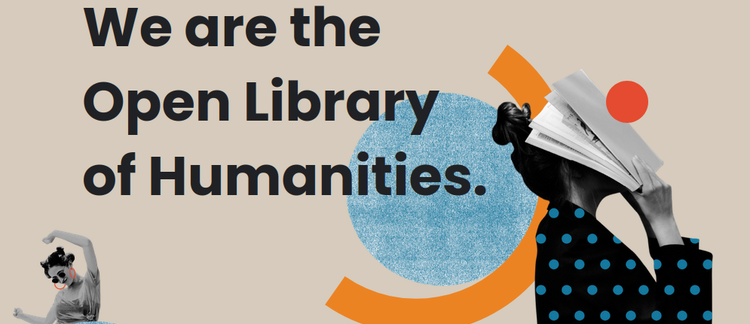New Book on Open Access and the Humanities
Posted by Martin Paul Eve on 3 December 2014



It is with great pleasure that we can announce the publication of Dr Martin Paul Eve's authoritative new study Open Access and the Humanities: Contexts, Controversies and the Future. Martin is a Co-Director of the OLH and this book is designed to give a background to open access and allow readers to quickly come up to speed on the intellectual, social and economic contexts that have brought OA to the fore. Even better, the book, published by Cambridge University Press, is itself open access. There is also an affordable paperback version available with all author royalties going to Arthritis Research UK.
As Peter Suber, Director of the Office for Scholarly Communication at Harvard University, writes in the Preface to Martin's book:
OA for books is feasible and growing, thanks to many innovative start-ups including the Open Library of Humanities, founded by Martin Eve and Caroline Edwards. […] There was a time when the growth of OA in the sciences was also slow, and kept slow by a vicious circle. In fewer than twenty years, however – long in internet time, short in the history of scholarship – the vicious circle in the sciences became a virtuous circle. This reversal is not logically impossible. It requires steady growth in working examples, to feed understanding, and steady growth in understanding, to feed working examples. The good news is that we see this growth today in the humanities. Martin Eve is among the leaders in making this happen. He’s a leader in providing working examples, and a leader in correcting myths and misunderstandings, without underestimating genuine difficulties, through his articles, blog posts, public speaking and now through this book.
Martin's book has already received favourable reviews. Writing for the LSE Review of Books, Jonathan Gray suggests that:
Martin Eve’s new book is essential reading for anyone interested in the future of open access and scholarly communication in the humanities. With chapters on digital economics, open licensing, and technological innovations, the book represents a rallying call for researchers to shape the future of open scholarly communication and public engagement
READ OPEN ACCESS AND THE HUMANITIES: CONTEXTS, CONTROVERSIES AND THE FUTURE FOR FREE HERE
Image by Nige Brown under a CC BY license.

